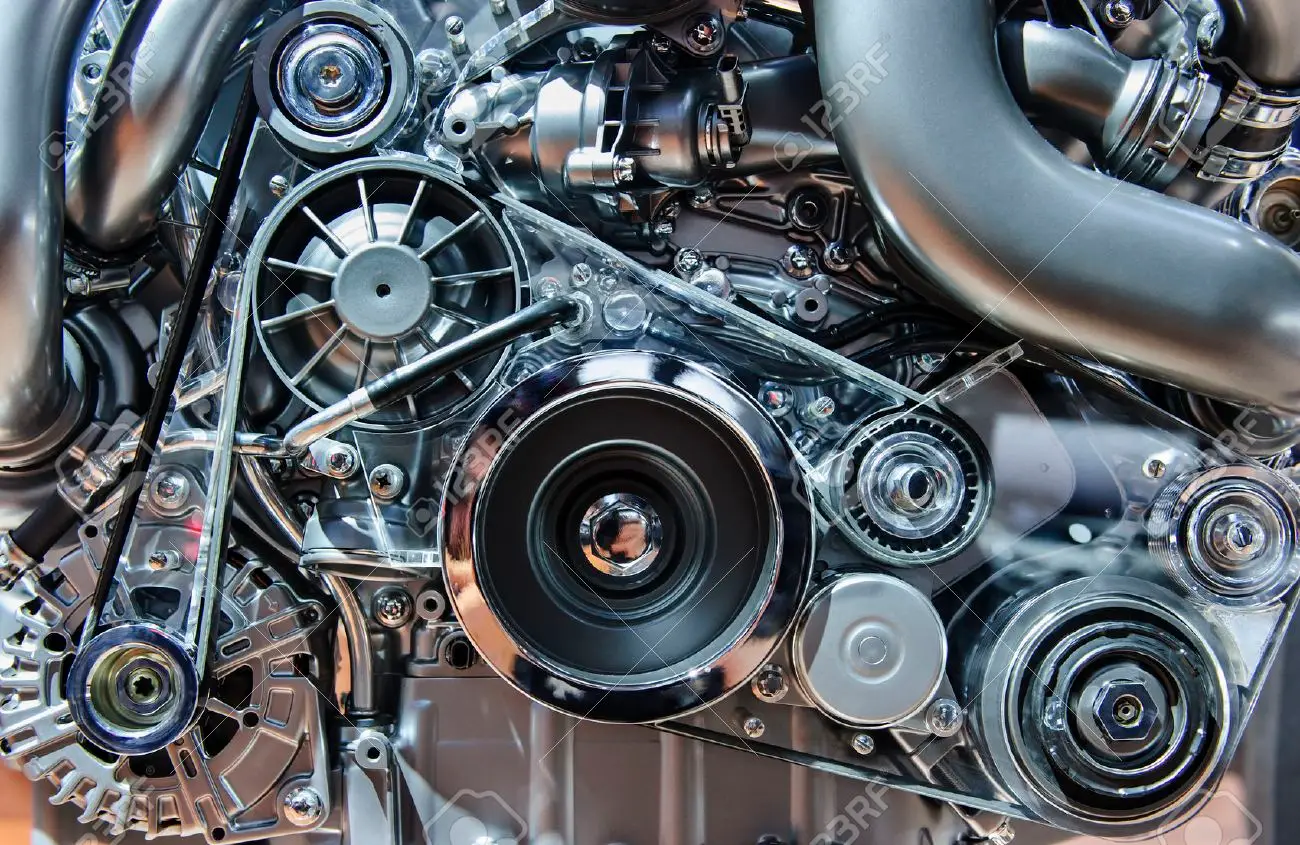Auto Engineering Overview
- 615 Views
- Jamie
- May 2, 2023
- Automotive
Automobile engineering, also known as automotive engineering, is a branch of engineering that deals with the design, development, production, and maintenance of automobiles. It encompasses a wide range of disciplines, including mechanical engineering, electrical engineering, materials science, and computer science, among others. The primary goal of automobile engineering is to create safe, efficient, and reliable vehicles that meet the needs of consumers.
The history of automobile engineering can be traced back to the invention of the automobile in the late 19th century. As the popularity of automobiles grew, engineers began to develop more advanced technologies to improve their performance, safety, and comfort. In the early 20th century, the development of the internal combustion engine, which is still the most common type of engine used in automobiles today, revolutionized the industry and paved the way for a host of new innovations.
Today, automobile engineering is a highly specialized field that involves a wide range of technologies and areas of expertise. Engineers work on everything from the design of individual components, such as engines, transmissions, and suspension systems, to the overall architecture of the vehicle, including its aerodynamics, weight distribution, and overall performance.
One of the key areas of focus in automobile engineering is improving the fuel efficiency of vehicles. With rising fuel costs and growing concerns about the impact of carbon emissions on the environment, engineers are working to develop more efficient engines and alternative power sources, such as electric and hybrid engines. They are also developing lightweight materials and improving the aerodynamics of vehicles to reduce drag and increase efficiency.
Another important area of focus in automobile engineering is improving vehicle safety. Engineers work to design vehicles that can withstand impact and protect occupants in the event of a collision. They use advanced computer simulations and crash tests to evaluate the performance of various safety features, such as airbags, seat belts, and crumple zones, and to develop new technologies that can further improve vehicle safety.
Electrical and electronic systems are also becoming increasingly important in modern automobiles. Engineers are developing advanced electronic systems that can monitor and control various aspects of the vehicle, such as engine performance, fuel efficiency, and safety features. They are also working on developing autonomous vehicle technologies, which have the potential to revolutionize the way we think about transportation.
The field of automobile engineering is constantly evolving, as new technologies and innovations are developed. One of the biggest challenges facing engineers today is developing vehicles that are more environmentally friendly, as concerns about climate change and pollution continue to grow. This has led to a renewed focus on developing alternative fuel sources, such as electric and hydrogen-powered engines, and on improving the efficiency of traditional internal combustion engines.
In addition to designing and developing new vehicles, automobile engineers are also involved in the maintenance and repair of existing vehicles. They work to diagnose and repair mechanical and electrical problems, and to develop new tools and techniques for improving vehicle performance and reliability.
To become an automobile engineer, a strong background in math, science, and engineering is essential. Most automobile engineers hold a bachelor’s degree in mechanical engineering or a related field, although some may also have degrees in electrical engineering, materials science, or computer science. In addition to formal education, many automobile engineers also undergo on-the-job training and gain practical experience through internships or entry-level positions in the industry.
In conclusion, automobile engineering is a complex and constantly evolving field that involves a wide range of technologies and areas of expertise. It encompasses everything from the design and development of individual components to the overall architecture and performance of the vehicle. With a growing focus on efficiency, safety, and environmental sustainability, automobile engineers play a crucial role in shaping the future of transportation.


